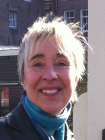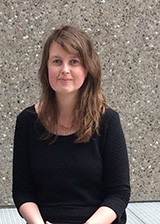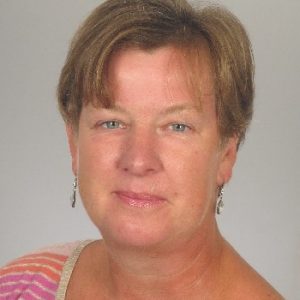Description
This hands-on, interactive course for PhD candidates (also open to RMA students) consists of 3 sessions. Besides practicing with preparing, conducting and reflecting on an interview, we discuss key theoretical notions on working with oral sources. The sessions take place in Utrecht (remote participation is possible) on Thursday afternoons.
Each session needs to be prepared by reading 1-3 reader texts and by a short assignment such as analyzing particular interview fragments or searching for interesting interview examples online. Prior to the 3rd session, participants need to conduct an interview.
Learning objectives:
- Insight into the history of Oral History and the place of Oral History within the broader field of Memory Studies.
- Insight into the types of knowledge are connected to Oral History (both as sa source and method). We will investigate a number of concepts and approaches, such as memory culture; co-creation; performance/ self-fashioning; narrativity; representation; significant silences.
- Gaining (limited) experience in conducting interviews.
- Gaining knowledge of the background and possibilities of the re-use of interviews, and the possible consequences for your own research.
After registration, you are asked to send in a brief motivation (in written text or as a video): how will or could interviews be part of your research?
Programme:
- The interviewer – 18 February 2021, 13.00-16.00
What makes a good interview? What impact does the specific interaction between interviewer and interviewee have on the content of an interview? How does the interviewee perform her/himself during an interview?
- Interviews – oral history as historical source – 4 March 2021, 13.00-16.00
What kind of information does an interview provide? And what is the relationship between memory and oral history?
- Interviewing – oral history as a method – 18 March 2021, 13.00-16.00
What works well while conducting an interview, and what doesn’t? And what are the possibilities of digital tools to process and share your work?
Practical information via huizinga@uu.nl
Register (0/20 spaces left)
This course is fully booked. For a spot on the waiting list, contact huizinga@uu.nl


